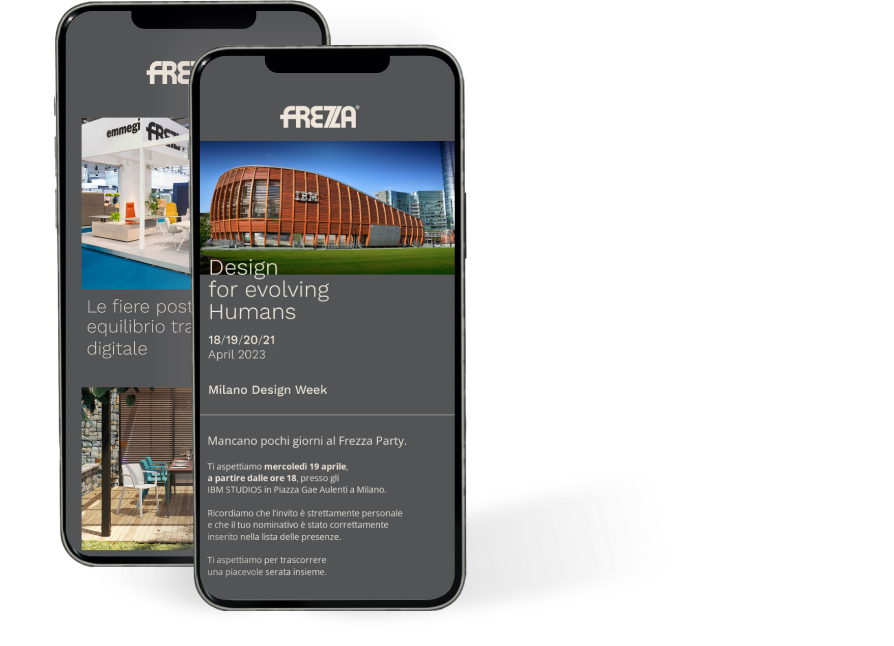In today’s workplace there are now four generations that share projects and objectives: Baby Boomers (born between 1946 and 1964), Generation X (born between 1965 and 1981), Millennials (born between 1982 and 1996) and Generation Z (born between 1997 and 2010).
The challenge that companies face with multi-generational offices consists in bringing together different work cultures and schools of thought, while leveraging the employees’s knowledge in order to achieve greater productivity and seize opportunities in terms of diversity and inclusion.
People of very different ages have often different mindsets and needs, ranging from working hours to dealing with management. We talked about this recently when we looked at the most popular benefits for Gen Z.
One clear example is flexibility in terms of location and hours, which decreases with age. According to a recent Kantar research, 86% of Gen Z consider hybrid work as key factor in choosing a job, which is a figure that drops to 63% in the case of Boomers.
And let’s not forget the mindset that distinguishes different ages. According to SHRM each generation has specific characteristics:
- Baby Boomers are loyal to the team and ready to work more to feel fulfilled; they prefer structures with a well-defined organisation and are cautious about change.
- Generation X are flexible and see change as an opportunity, especially if they themselves change the rules; they expect superiors and colleagues to be able to help them and respect their skills.
- Millennials work more fluidly and expect change to be an improvement; they respect authority and must constantly demonstrate their skills.
- Gen Z respect working processes and imposed rules, but need to feel constantly involved; they also require constant confrontation with managers and are career-focused.
Reskilling and Upskilling
In a work environment with strong generational diversity, skills are different. Specialised skills determined by role, studies and sector coexist with transversal skills that concern the behavioural, emotional, creative and relational side.
It’s therefore necessary to have a vision of a new and different organisational system in which relationships, networking and information sharing are essential assets, in order not to waste resources and professional skills.
Working in heterogeneous groups gives the opportunity to retrain one’s skills (reskilling) and improve others (upskilling) not only through traditional training, but also through experiential learning.
An example? An individual who has worked in the same company for 20 years can advise a new colleague on how to approach a meeting with a supplier or customer. On the other hand, a younger employee can help an older one implement his or her digital skills.
Management should guide this process through company incentives, HR activities or specific training courses on the topic.
The end result is the growth of the individual, the team and the company.

